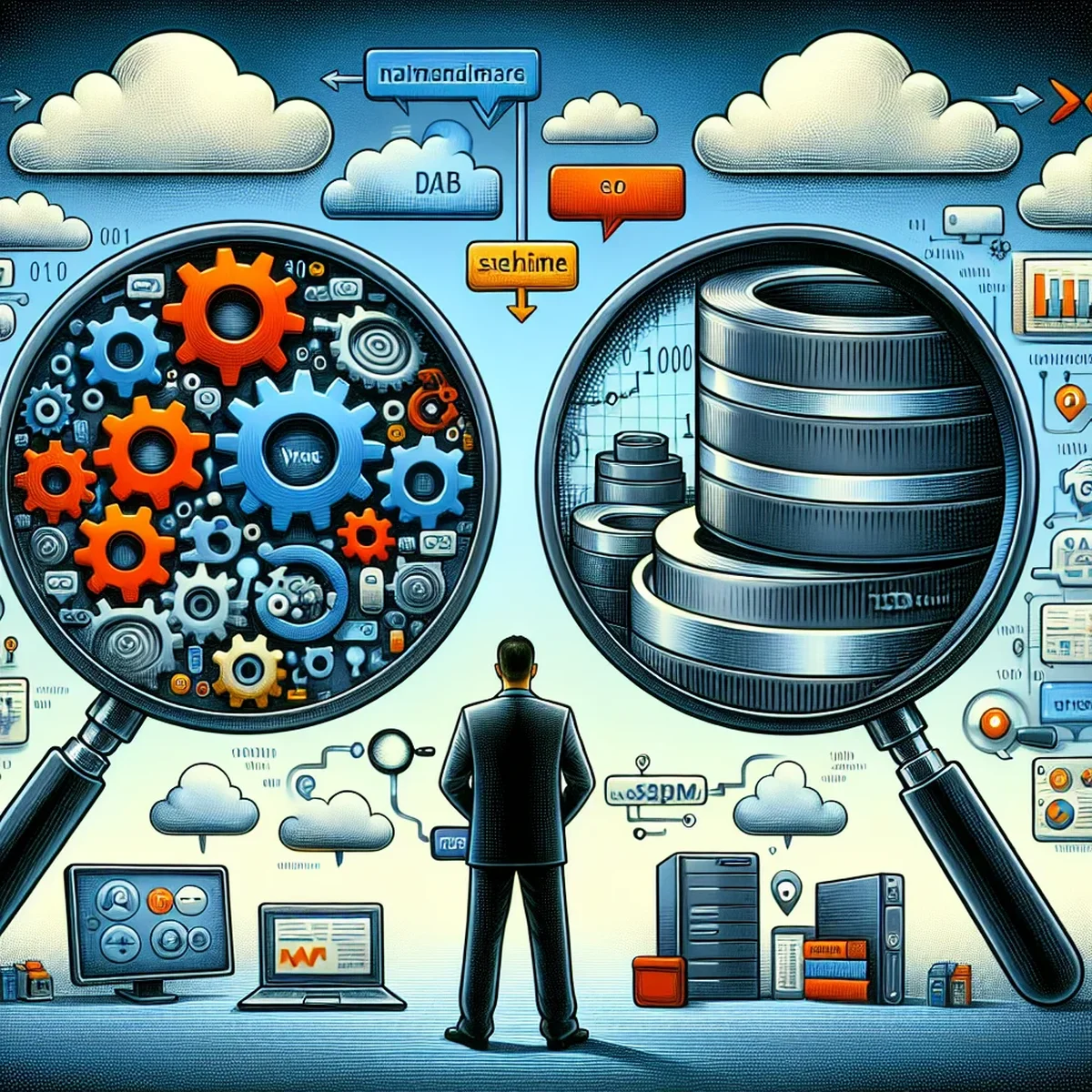MariaDB vs MySQL for WordPress: Which Database Engine Reigns Supreme?

Choosing the right database engine for your WordPress site can be a pivotal decision that affects everything from site performance to future scalability. MariaDB and MySQL are two of the most popular database systems used with WordPress, but they come with different features, performances, and backgrounds that can influence your choice.
Understanding the Basics: MariaDB vs MySQL
MariaDB was created as a fork of MySQL in 2009 by the original developers of MySQL, who were concerned about MySQL’s future under Oracle’s ownership. This background is crucial as it shapes the philosophy and development path of MariaDB, emphasizing community involvement and innovation.
MySQL, on the other hand, is maintained by Oracle Corporation and remains the most widely used relational database management system. Despite the common ancestry, the paths and features of MySQL and MariaDB have diverged significantly over the years.
Performance and Speed
When it comes to performance, both databases claim to be fast and capable of handling large databases and complex queries. However, MariaDB includes several storage engines (like Aria and TokuDB) that are optimized for specific types of loads and data, which can lead to performance benefits under certain scenarios.
MySQL generally provides solid performance but can lag behind MariaDB when dealing with highly concurrent access patterns or very large databases.
Compatibility with WordPress
Both MariaDB and MySQL are fully compatible with WordPress. WordPress core does not favor one over the other, and most plugins and themes work seamlessly regardless of the database engine. However, MariaDB’s additional features, such as faster and safer replication and the Galera cluster technology, offer enhancements that might be beneficial for larger WordPress sites or those requiring high availability.
Security Features
Security is a priority regardless of the database choice. MySQL has a robust security model that includes features like SSL encryption and access control lists. MariaDB, while inheriting these features, often releases security patches and updates faster than MySQL. This could be a critical factor for sites where security is a non-negotiable aspect.
Practical Tips for Choosing Between MariaDB and MySQL
-
Assess Your Needs: Consider what your site requires. If you need cutting-edge features or expect to handle very large databases, MariaDB might be the way to go.
-
Consider Your Hosting Environment: Not all web hosts support MariaDB equally. Check with your hosting provider to see which database engines they support and if there are any performance benefits.
-
Test Compatibility: While most plugins and themes should work with either database engine, it’s a good idea to test especially if you use a lot of custom or niche plugins.
-
Future-Proofing: Think about the future of your site. MariaDB’s commitment to remain open source and its rapid development cycle can be advantageous for long-term projects.
Conclusion
In the battle of MariaDB vs MySQL, the best database engine depends on your specific needs and environment. Both are excellent choices for WordPress, but your particular situation—such as hosting, site size, and security needs—might make one a better fit than the other.
By carefully considering your needs and testing each database, you can make an informed decision that ensures your WordPress site runs smoothly, securely, and efficiently.
FAQ
- What are the key differences between MariaDB and MySQL?
- MariaDB and MySQL differ primarily in terms of performance enhancements, community-driven vs. corporate support, and compatibility. MariaDB tends to have more cutting-edge features and updates, while MySQL emphasizes stability and wide acceptance.
- Which database engine is more secure for WordPress sites?
- Both MariaDB and MySQL offer robust security features, but MariaDB frequently updates its storage engines and includes more advanced security patches out-of-the-box.
- How does the choice of database affect website performance?
- The choice of database can significantly impact website loading times, stability under high traffic, and resource efficiency. MariaDB often shows better performance in benchmarks involving concurrency and complex queries.